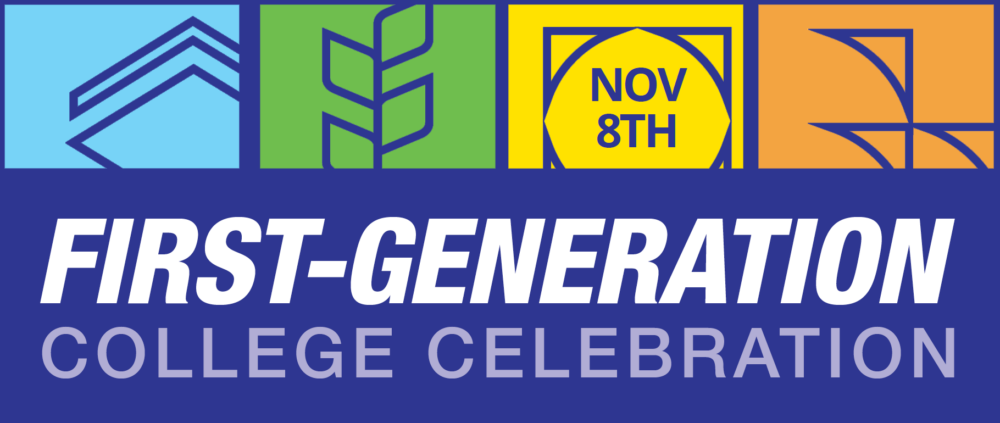First-Generation College Student Day

On November 8th, colleges and universities around the United States will celebrate National First-Generation College Student Day. This annual celebration is held on this day to honor the anniversary of the signing of the Higher Education Act of 1965.
At Rockland Community College (RCC) we are excited to honor our first-generation students, faculty, and staff at our second First-Generation College Student Day Celebration. At RCC, a first-generation college student is someone whose parents have not earned a baccalaureate degree.
We are pleased to share this year’s programming below. It is through these types of programming, we learn about the first-generation experiences, how we can bring awareness to the needs of this population and help to grow a support system.
2023 First Generation College Student Day Events
Rep your first-generation college student status by wearing your “I’m First” or “I am First-Gen” gear on November 8!
Check out our First-Gen employee album on Facebook!
Upcoming Events
RCC is Proud to Recognize First Generation Faculty & Staff
Who serve as role models for First Generation Students

To recognize the importance and scale of the national celebration of First Generation College Student Day and establish a logo representative of the diverse celebrations held each year, the Council for Opportunity in Education and the Center for First-generation Student Success commissioned a redesign of the event logo.
The new logo features four elements – Celebration, Broad Perspectives, Growth, and New Heights – which capture the First-Generation College Celebration experience for first-generation college students, graduates, allies, and advocates.
- Celebration depicts a graduation cap being tossed upward, which connects to the elevation of first-generation college students and their communities.
- Growth expresses development and fluidity by evoking the color and form of a series of stems with leaves. This icon harnesses the evolution of personal and professional advancement and highlights the lifelong presence of the first-gen identity in a person’s experience.
- Broad Perspectives depicts a round window or globe, which is symbolic of the diverse and intersectional first-generation college student and graduate identities.
- New Heights portrays a staircase, which connects to mobility and workforce entry, and also ties to the abiding nature of the first-generation college student and graduate identity.
Professional Development Opportunities
Faculty and staff are encouraged to access the following on-demand professional development opportunities, centered around supporting first-generation college students, through a single sign-on (SSO) feature on the Go2Knowledge platform.
First Generation Students: Creating Services & Initiatives To Help Them Succeed
Overview
Over 50 percent of students attending college are first-generation students. Many of them are only aware of this status once they arrive at college. This results in a need for more knowledge about navigating college, which is no big deal as we can help them with this. But more importantly, it results in a need for more agency and capital to seek help academically, socially, and emotionally. Creating programs and services to counteract this lack of knowledge, agency, and capitol is critical to support these students entering college and as they matriculate through college.
Objectives
- Understand the unique challenges and opportunities first-generation students face when attending college.
- Develop increased knowledge of theoretical backgrounds regarding the needs of first-generation students.
- Investigate how to use this information to create services and initiatives to help first-generation students succeed
Advising Undecided Students: Personalized Services to Support the Decision-Making Process
Overview
“There are so many factors that play into why students are coming to college as “undecided.” It isn’t just because they can’t decide what to study; much of it has to do with societal pressures to obtain a college degree and the hundreds of majors from which students can choose. Keep in mind that most careers don’t require students have a degree in something specific.” ~ The University of Arizona
In this interactive webinar, we will explore the characteristics of undecided (undeclared/open/exploring) college students, discuss the advising challenges unique to this population as well as how to overcome them, and provide evidence-based best practices for helping these students with the decision-making process and thus retaining them to graduation. We will also explain the various roles that all members of the campus community can play in responding to the advising needs of undecided students. Moreover, we’ll examine successful programs and initiatives from across the nation that are currently being used to respond effectively and cost-efficiently to the advising needs of undecided students – and how these programs and initiatives can be adapted to a variety of higher education environments. Equal emphasis will be placed on helping both institutions, as well as individual students, achieve their mutually-complementary objective: graduation and job placement.
Objectives
- Review the general characteristics of undecided college students, with an emphasis on their advising needs
- Review the general characteristics of undecided college students from various subpopulations including first generation, veteran, minority, LGBTQIA, rural, urban and suburban, lower socioeconomic, transfer, international, immigrant, and nontraditional
- Investigate the role of leadership in identifying and responding to the advising needs of undecided college students
- Conduct a needs analysis to determine how well their institution is doing at identifying and responding to the advising needs of undecided college students
- Discuss what can be done before undecided college students arrive on campus, including how to partner with elementary, middle and secondary schools to achieve the best possible outcome for these students concerning their advising needs
- Assess and anticipate the evolving advising needs of undecided college students about academic preparation, social integration, mental and emotional health considerations, and financial support
- Investigate the available platforms and applications that can be used to facilitate the process of career exploration and academic advising with undecided college students
- Explore evidence-based best practices in coordinating comprehensive retention initiatives related to academic advising for undecided college students
- Examine mechanisms for keeping everyone at the institution on the same page concerning meeting the advising needs of undecided college students
- Critique real-life examples of effective and ineffective ways of responding to the advising needs of undecided college students
Co-sponsored by the Office of Diversity, Equity & Inclusion,
TRiO, and Title V Conexión
